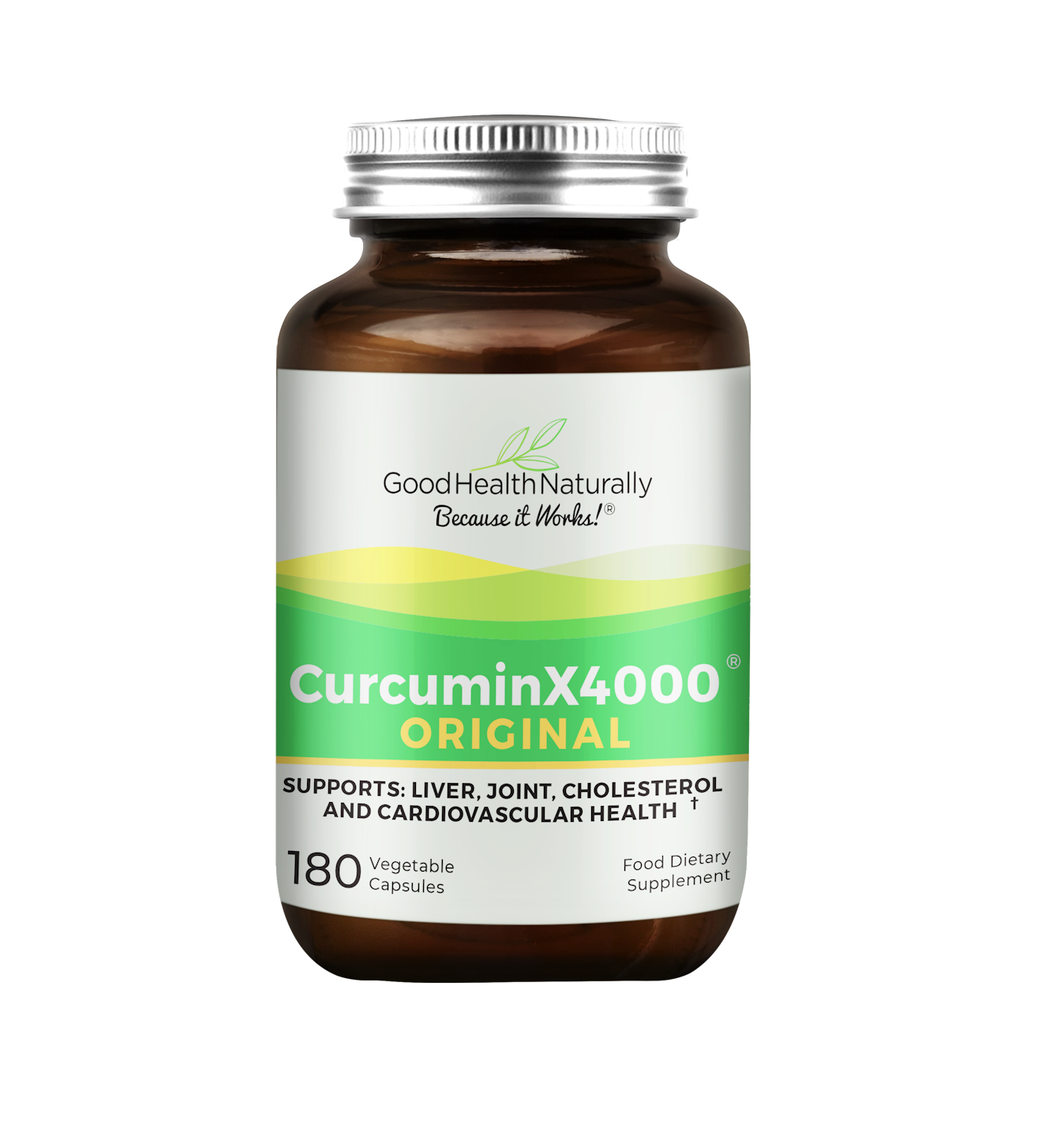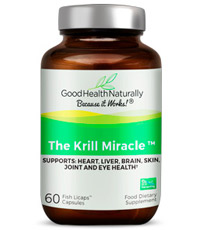Painful debilitating conditions like osteoarthritis, back pain, fibromyalgia or peripheral neuropathy seem to be on the increase. Long-term pain can be hard to live with. Many people resort to painkillers to get themselves through the day, but there are plenty of natural ways to ease chronic pain and support the body.
Living with Chronic Pain
It’s estimated that chronic pain affects between one-third to half of the UK population, up to 28 million people, according to research published in the British Medical Journal in 2015. Chronic pain is defined as moderate-to-severe pain which persists for more than three months. The number of people suffering is expected to increase with an ever-ageing population.
A review by NHS England in 2017 found that one in four adults in England was prescribed a pain killer, including benzodiazepines, zopiclone and zolpidem, gabapentinoids, opioids for chronic non-cancer pain or antidepressants. There is now a drive to cut this number of prescriptions and look for alternative ways to manage and ease chronic pain.
Inflammation
It is now well-accepted that acute and chronic inflammation can be a major factor in the progression of many painful conditions like back pain and osteoarthritis. Some inflammation can be a good thing; for instance, if we are injured or fighting an infection, it signals the immune system to send white blood cells to repair or fight the infection in the affected area. But if it goes on for too long and becomes chronic, it can contribute to debilitating health conditions.
The Impact of Our Modern Lifestyles
There’s now strong evidence the Western diet and lifestyle can contribute to systemic inflammation. Processed ready meals, deep-fried food, pizzas, pies, pastries, burgers, sugary drinks, snacks and cereals all contain plenty of unhealthy trans fats and sugar, and both have been linked to inflammation.
In the UK, more than 65% of people are considered overweight, with nearly 25% of adults classed as obese. This extra weight almost certainly takes its toll on the body with painful consequences. It puts extra stress on our skeletons. A higher body mass index is associated with an elevated risk of defective knee cartilage. Degenerative disk disorder also appears to be more common in obese people. Excess weight causes greater spinal disk compression while lifting, increasing the risk of damage to the back and neck.
Choose Food Carefully
The Mediterranean diet is considered one of the healthiest diets in the world and is great because it’s packed with foods that can help ease chronic inflammation. It includes plenty of fruits, vegetables, whole grains, lean protein sources, herbs, spices, and healthy fats like oily fish, avocados, chia seeds, walnuts, avocado and olive oil. These all ensure the body is nourished with vitamins, minerals and antioxidants, which help strengthen the immune system and ward off inflammation.
So, aim to eat a colourful rainbow of vegetables and fruit every single day. Add in plenty of avocados, whole grains, and small daily amounts of walnuts, pecans, ground flaxseed and soy. Aim for at least five portions of legumes, such as beans and lentils, weekly. Include at least three portions a week of oily fish like salmon, tuna and mackerel. Spices such as turmeric, ginger, cinnamon and garlic will not only make your food tasty, they are all potent anti-inflammatories. It is also important to identify any food intolerances or allergens that could worsen inflammation and add to the pain.
Don’t Sit Still
It is vital to keep moving. One of the simplest ways to exercise is a daily walk, a great low-impact exercise that doesn’t put too much strain on the body. Being outdoors amongst nature can also be great for the mind, body and soul.
Stretching exercises such as yoga, Tai Chi or Pilates can be beneficial to help with posture and relaxation. Getting guidance from a physiotherapist, chiropractor, or osteopath may be necessary for simple exercises that can help strengthen the body and manage pain.
Sedentary desk work can also cause problems, as it puts considerable strain on our necks and backs. Sitting for long periods without moving lessens blood flow to the disks that cushion the spine, placing increased pressure on it compared to walking or standing. If you spend long hours working at a desk, having a good posture and avoiding slouching is crucial. If possible, get a stand-up desk. Take regular breaks to stretch and walk around. Aim to do this every 20-30 minutes, as it will help increase the blood flow to your lower back and legs.
Not All Fats Are Bad
Omega-3 fatty acids can help improve inflammation and may even help ease chronic pain and improve movement for people with neuropathic issues. Most of us are not getting enough in our diet because we don’t eat enough oily fish, nuts and seeds. But we are generally getting an abundance of omega-6 fatty acids. It’s important to address this as scientists believe omega-6s are pro-inflammatory, while omega-3s are anti-inflammatory. We should aim for a ratio of under 1:3 of omega-3 to omega-6. Yet many people have a disproportionately high ratio of omega-6 fats to omega-3s. This imbalance can be as high as 17:1.
Nutrient Help
Choline is an essential nutrient found in eggs, salmon and kidney beans. Small amounts can also be produced in the liver. It is a precursor to the neurotransmitter acetylcholine. Scientists have discovered acetylcholine may have an analgesic effect. This is because it decreases the activity of pain-exciting neurons and increases the activity of pain-inhibiting neurons in the hippocampus. Krill Oil is naturally rich in choline and can be taken in supplement form.
Mineral Support
Magnesium, especially when applied topically, can help relax painful, tight muscles after heavy manual labour, or exercise. It helps build strong fibres within the muscles and is required for the excretion of lactic acid. Low magnesium levels can lead to cramps, muscle tension and spasms, and muscle or ligament injuries.
Golden Spice
Curcumin is an active component in turmeric. It is the compound which gives the spice its glorious yellow colour. It has anti-inflammatory properties, which have been shown to have similar success as non-steroidal anti-inflammatory drugs, without the side effects. Studies show it helps reduce pain and improve the ease of movement in people with osteoarthritis.
Enzyme Rescue
If you live outside the UK and EU, then Serrapeptase can be a good option to help tackle inflammation. It is a proteolytic enzyme which dissolves non-living proteins and scar tissue associated with pain without affecting live tissue. It can help with osteoarthritis and sports injuries where scar tissue around the joints irritates the nerves, causing chronic discomfort. It can also help ease chronic pain associated with conditions like back issues, fibromyalgia, carpal tunnel syndrome, and even migraines if they are caused by inflammation. Other beneficial enzymes include bromelain and papain which are widely available.
In conclusion, the path to managing chronic pain through natural health can offer relief to those who suffer from persistent discomfort. A balanced Mediterranean diet, regular exercise, and nutritional supplements like curcumin, magnesium, krill oil and proteolytic enzymes provide a foundation for managing pain naturally and improving overall well-being. By incorporating these approaches into your daily routine, you can help ease chronic pain naturally and take a significant step towards better health and well-being.
References
https://bmjopen.bmj.com/content/6/6/e010364
https://bestpractice.bmj.com/topics/en-gb/694
https://assets.publishing.service.gov.uk/media/5fc8c6b78fa8f547585ed7f3/Chronic_Pain_Report.pdf
https://www.england.nhs.uk/2023/03/opioid-prescriptions-cut-by-almost-half-a-million-in-four-years-as-nhs-continues-crackdown/
https://www.statista.com/statistics/377895/top-ten-analgesic-drugs-dispensed-by-item-in-england/
https://www.researchgate.net/profile/Sharmin-Akter-46/publication/337993026_Obesity_and_pain_a_systematic_review/links/60cadf1f458515dc17896aa5/Obesity-and-pain-a-systematic-review.pdf
https://pubmed.ncbi.nlm.nih.gov/21246223/







